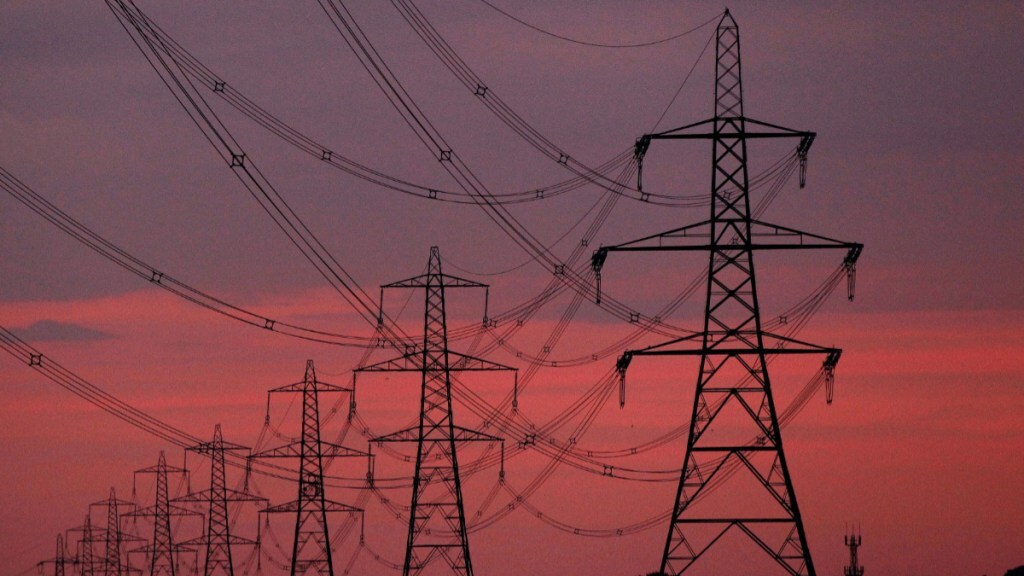By Somit Dasgupta
The Centre, on February 20, 2023, referred a matter to the Appellate Tribunal for Electricity (Aptel), seeking an examination to establish whether the Delhi Electricity Regulatory Commission (DERC) has violated the provisions of the Electricity Act 2003 (Act) by allowing regulatory assets to grow to the extent of Rs 9,000 crore (as mentioned in the tariff order of 2021-22) instead of liquidating it. Apparently, there are several other transgressions also mentioned in the reference to Aptel. The government has invoked section 90(2)(F) of the Act, which states that a member of the regulatory commission can be removed if the person concerned has been guilty of proven misbehaviour.
Before going further, for the benefit of the uninitiated, a few words on what really is a regulatory asset. At times, regulators, to cover a revenue deficit, direct the discom to raise a loan from the bank instead of raising retail tariffs. The regulator, of course, allows the interest cost of the loan as legitimate expenditure and accommodates that in the retail tariff. The state governments, too, love this route of creating regulatory assets as it postpones a necessary tariff hike to a future date. To the discom, however, it is suicidal as it leads to cash flow problems, creates adverse debt-equity ratio, and so on. The creation of regulatory assets has been common across states, and their liquidation has been slow because that means an immediate tariff hike.
The reference made to Aptel to enquire into the ‘misbehaviour’ of the member concerned in the DERC raises a few questions. According to the Act, the Centre makes a reference to Aptel only in the case of the members of the central commission. In the case of state regulators, it is the state government that can do so. However, in the present matter, the Centre has made a reference about a state commission to the Aptel. When the government says that the Act has been violated, it is not the Act per se, but the provisions of the statutory documents framed under the Act. In the present instance, it is the Tariff Policy.
However, it is not just the DERC that has violated the Act. Several other electricity commissions are guilty of the same. Some of the state electricity commissions have not even issued the tariff order for 2021-22, though the year is almost coming to an end. Moreover, besides Delhi, several states have created regulatory assets, not made any concrete plan for their liquidation, not fixed tariffs in consonance with the Tariff Policy, and more. Regarding regulatory assets alone, the data published by the Central Electricity Authority reveals that Rajasthan, had regulatory assets of more than Rs 46,500 crore (2020-21) and Tamil Nadu had regulatory assets of more than Rs 10,400 crore. Other states in such a list are Karnataka, Chhattisgarh and Tripura, where the corresponding figure was Rs 1,442 crore, Rs 213 crore and Rs 29 crore, respectively. The figure for Delhi was Rs 9,062 crore. When it comes to determining retail tariffs, many regulators have violated the Tariff Policy, and have not fixed tariffs within ±20% of the average cost of supply, have fixed open access surcharge in excess of the prescribed limits, and more. Thus, all such regulators are also guilty of ‘misbehaviour’ and should be taken to task.
The problem has arisen because some states are of the view that the provisions of the Tariff Policy, especially when it comes to distribution, are only advisory and not mandatory, since distribution is a state subject. The central government, however, feels otherwise and insists that it is mandatory as it flows from the Act. Whether the Tariff Policy is mandatory has never been tested in a court of law. However, the apex court, in 2017 order, did say that the Tariff Policy has the force of law. Many, however, feel this observation is perhaps obiter dictum since it was a mere observation in a matter dealing with a different issue. The specific question of whether the Tariff Policy is mandatory was never argued.
Coming back to the case of the DERC, what will happen if Aptel finds the DERC (which today is a single-member commission) guilty of violating the Act? The power to remove a member lies with the state government, but if the state government refuses to act in the findings of Aptel, there is going to be an imbroglio. Moreover, the tariff order, which was indicated in the reference to Aptel, pertains to 2021-22 (announced on September 30, 2021). At that time, the then chairman of DERC was also in office and a signatory to the order. So, do we hold only the serving member of DERC guilty, given the fact that all decisions in the commission are taken collectively?
Only time will tell how Aptel deals with this reference from the Centre. Since several commissions are guilty of violating the provisions of the Tariff Policy, and Aptel will have to walk a tightrope.
(The author is senior visiting fellow, ICRIER. Views are personal)


